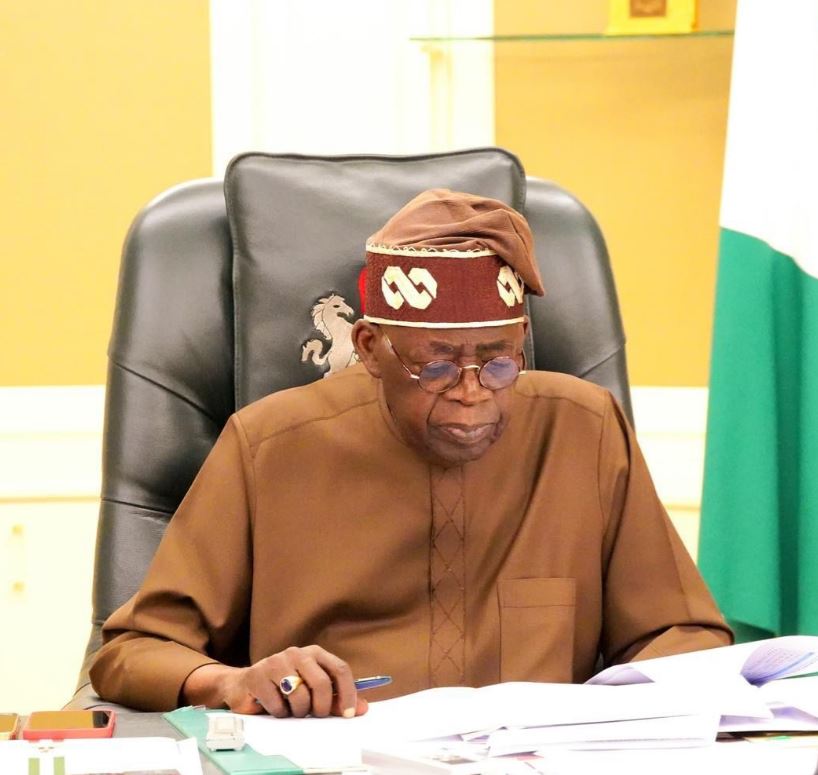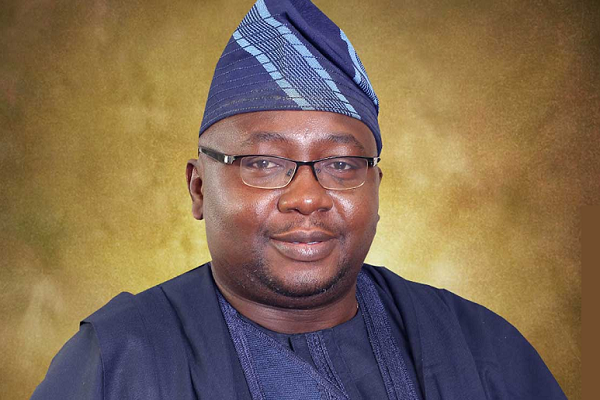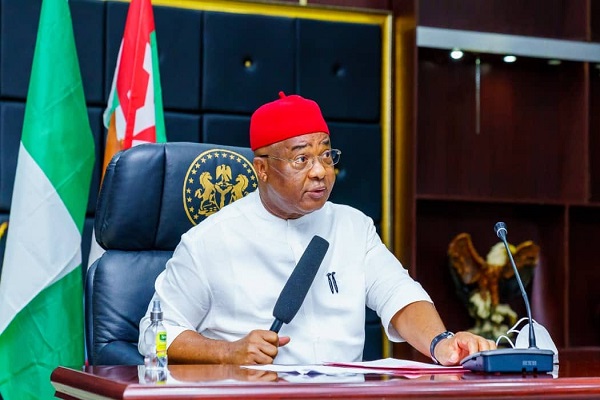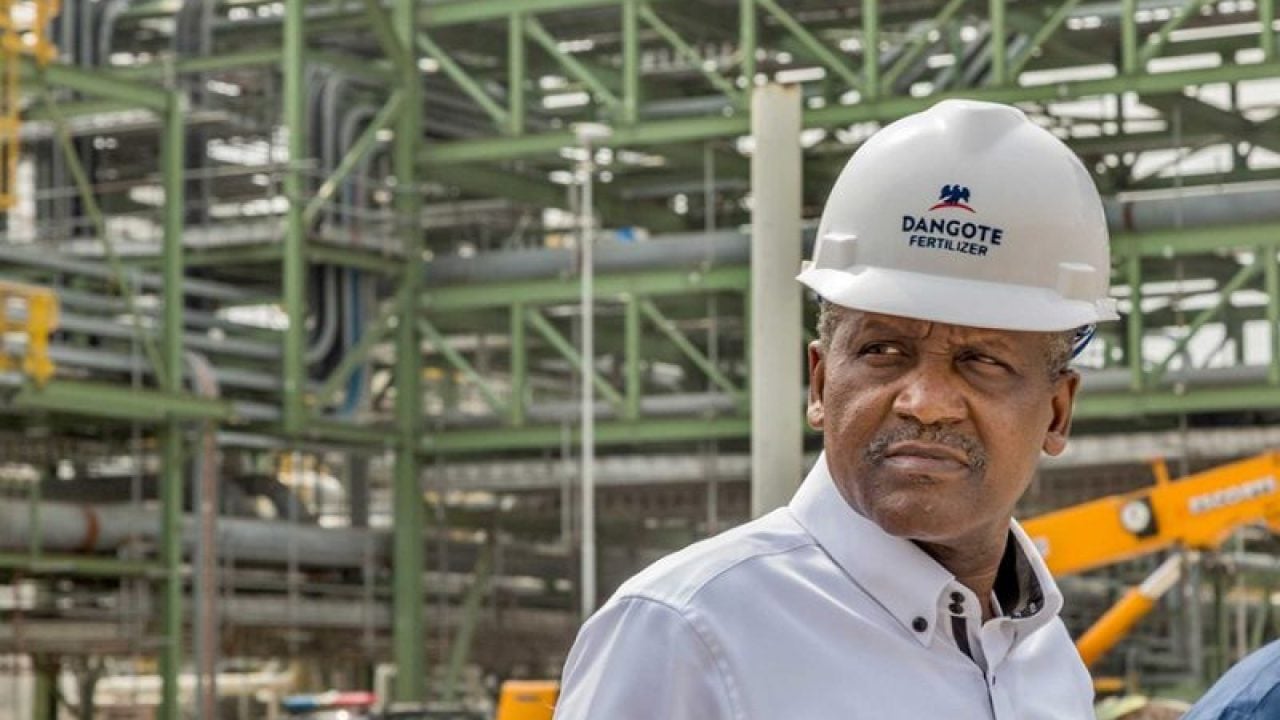Despite record revenues from fuel subsidy removal and forex reforms, most Nigerian states have failed to meet their capital expenditure targets in the first half of 2025, leaving critical infrastructure projects stalled and citizens burdened by worsening hardship.
Findings from Q2 Budget Implementation Reports across 31 states show that governors collectively disbursed N2.75 trillion on capital projects between January and June—barely 15.7% of the ambitious N17.51 trillion they had budgeted for the year.
This underperformance has delayed roads, schools, hospitals, and water projects at a time when public demand for improved infrastructure has surged.
Why the Shortfall?
Governors have blamed the poor execution on:
-
Procurement delays caused by bureaucracy,
-
Escalating project costs from inflation and FX pressures,
-
Insecurity, which has disrupted contractor mobilisation in states like Benue, Imo, and Borno.
READ ALSO
Appeal Court Reinstates EFCC’s Seizure of Yahaya Bello’s Alleged Dubai, Abuja, Lagos Properties
For example, Benue’s governor, Hyacinth Alia, said widespread violence—including the killing of over 200 residents in Yelwata in June—crippled project delivery. Jigawa, Sokoto, Zamfara, and Ebonyi also admitted that cumbersome procurement slowed spending.
Big Spenders vs. Laggards
Some states made stronger showings.
-
Imo led with N188.1bn spent on capital versus N50.29bn on recurrent.
-
Enugu devoted 81.9% of its spending to capital projects.
-
Bayelsa, Abia, Edo, Akwa Ibom, Gombe, Kebbi, and Borno also tilted heavily toward infrastructure.
By contrast, states such as Kogi, Ekiti, Osun, Oyo, and Cross River prioritised salaries and recurrent bills over long-term projects. Kogi spent nearly twice as much on recurrent (N133.2bn) as on capital (N73.1bn).
Overall, the capital share across the 31 states stood at 53.9%, signalling that nearly half of subnational budgets are still absorbed by consumption spending.
Revenue Windfall, Weak Delivery
Ironically, the failures come amid an unprecedented boost in allocations to states following subsidy removal. President Bola Tinubu had urged governors to invest the windfall in rural electrification, agriculture, poverty eradication, and schools, stressing:
“Let us change the story of our people in rural areas… The economy is working, but we must stimulate growth where the people live.”
But instead, states collectively spent N2.36 trillion on recurrent costs in H1 2025—surpassing even the controversial N1.99 trillion governors splurged on allowances, travel, utilities, and refreshments in just nine months of 2024.
Analysts Warn of Stalled Growth
Economists say the chronic failure to prioritise capital projects undermines development. Professor Segun Ajibola of Babcock University warned that “high governance expenses and weak accountability” mean grassroots citizens see little benefit from rising government revenues.
While many governors insist that spending will pick up in the third quarter as procurement bottlenecks ease, analysts caution that persistent underperformance could stall infrastructure delivery, worsen poverty, and slow economic recovery at the subnational level.




